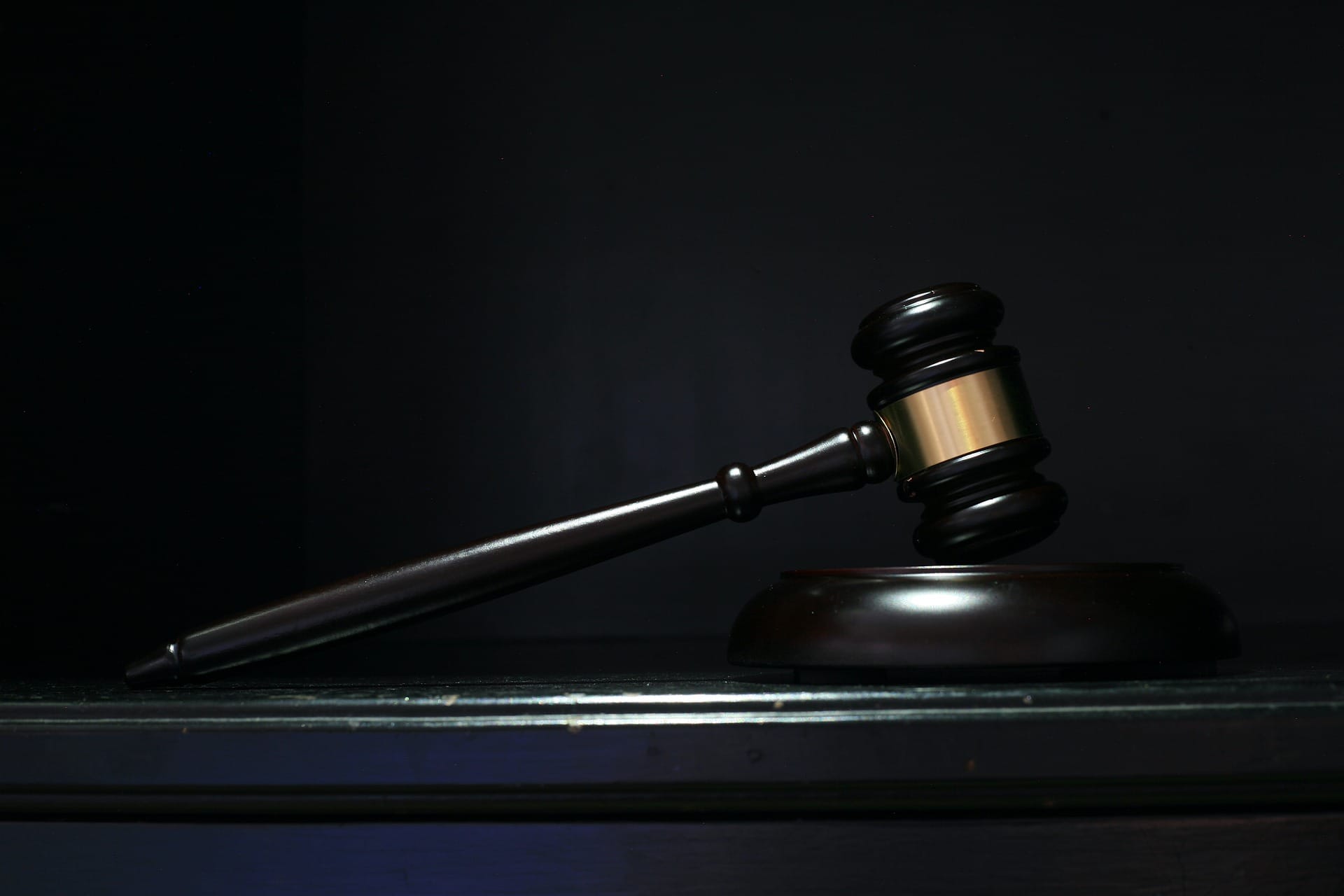How Can Drive Social Media Lawsuit: The Hidden Risks of Online Behavior

drive social media lawsuit Social media has become an inseparable part of modern life, connecting individuals worldwide and allowing for open communication. However, it also comes with a darker side—legal complications. From defamatory posts to privacy breaches, inappropriate use of social media can drive lawsuits. In this article, we will explore how social media behaviors can lead to legal action and provide valuable tips to protect yourself.
How Social Media Can Lead to Lawsuits
Many people underestimate how seemingly harmless posts, comments, or shared content can result in legal consequences. Here are key scenarios where social media activity may trigger lawsuits:
- Defamation Claims
- Posting false or damaging information about an individual or business can lead to defamation lawsuits.
- For example, if someone makes false accusations against a company on social media, the company can sue for reputational damage.
- Privacy Violations
- Sharing private photos, videos, or personal information without consent can violate privacy laws.
- Employers or individuals could sue if sensitive or confidential content is made public without permission.
- Cyberbullying and Harassment
- Persistent negative posts, personal attacks, or threats on social media can lead to legal repercussions.
- Anti-harassment laws are increasingly being applied to online interactions.
- Intellectual Property Infringement
- Posting copyrighted material, such as music, images, or videos, without authorization can drive lawsuits from creators or businesses.
- Always ensure you have the right to use content before posting it.
- Misleading Advertising or False Claims
- Influencers and businesses promoting misleading products or services on social platforms can face lawsuits under consumer protection laws.
Real-Life Examples of Social Media Lawsuits
Here are some notable cases highlighting the risks of misusing social media:
- Defamation Case: A famous celebrity sued a social media influencer for spreading false accusations about them. The court ruled in favor of the celebrity, awarding damages for reputation harm.
- Privacy Violation: In one case, an individual shared private photos of a friend without permission, resulting in a lawsuit and a significant fine.
- Corporate Damages: Employees have been sued for leaking confidential company information on platforms like Facebook or Twitter.
The Role of Social Media in Lawsuit Evidence
Social media posts often serve as evidence in legal cases. Courts accept posts, direct messages, or photos as evidence for proving:
- Intent or motive in criminal cases
- Breach of contract in business disputes
- Defamation or harassment in personal lawsuits
For example, posts containing threatening language, deleted photos, or edited videos can be recovered and used in court.
How to Protect Yourself on Social Media
To avoid being part of a social media-driven lawsuit, follow these precautions:
- Think Before You Post
- Avoid posting defamatory, false, or offensive content.
- Respect others’ privacy and think about the legal implications before sharing sensitive information.
- Understand Copyright Rules
- Always credit creators and seek permission when sharing music, images, or videos.
- Avoid using copyrighted materials without proper licenses.
- Be Careful With Online Interactions
- Avoid engaging in cyberbullying, harassment, or heated arguments that may escalate.
- Maintain Privacy Settings
- Keep personal information private by updating security settings on your social accounts.
- Limit access to sensitive content.
- Seek Legal Advice if Necessary
- If you feel you’ve been wronged on social media, consult a lawyer before taking legal steps.
Conclusion
Social media is an incredibly powerful tool, but its misuse can drive lawsuits and cause lasting consequences. Whether it’s defamation, privacy violations, or copyright infringement, users must be aware of their legal responsibilities when posting content. By practicing caution and understanding the laws governing social media activity, you can enjoy the benefits of online platforms while avoiding legal pitfalls.
Stay safe, stay responsible, and think before you post!
This article offers unique and valuable insights into how social media can lead to legal issues, along with practical tips to protect yourself. It is easy to understand, informative, and highlights real-world risks.





